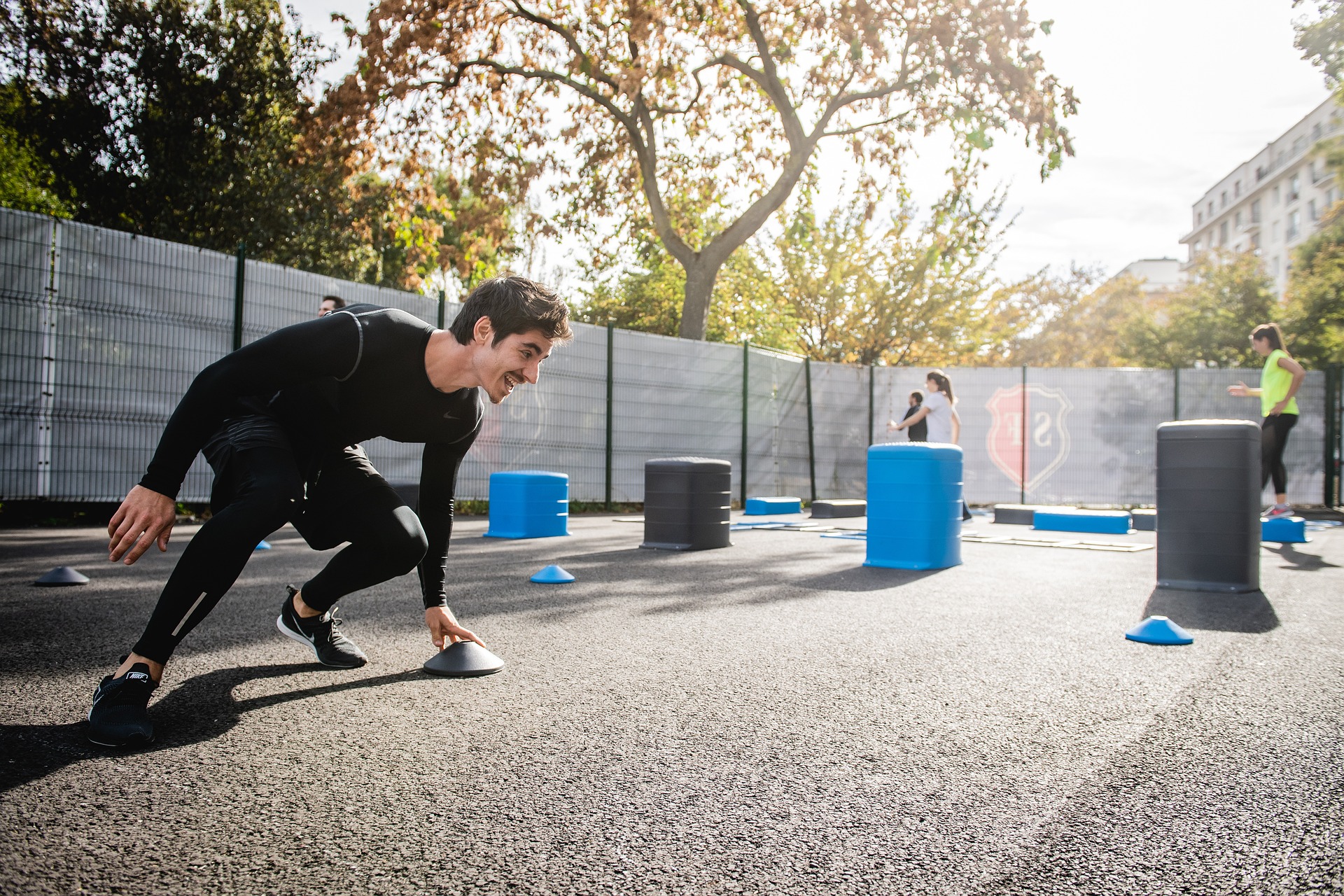
When it comes to fueling the body for athletic performance, athletes and fitness enthusiasts are constantly seeking nutritious and delicious options. Among the plethora of choices, natural peanut butter has emerged as a go-to snack for many due to its rich nutritional profile and convenience. Packed with essential nutrients and offering a quick energy boost, peanut butter has become a favorite among those looking to enhance their athletic performance. In this article, we explore the reasons why peanut butter has gained popularity as a sports snack and how it can be a valuable addition to an athlete’s diet.
1. A Nutrient Powerhouse
Peanut butter is a nutritional powerhouse, providing a balanced combination of macronutrients and micronutrients. It is an excellent source of protein, which is essential for muscle repair and recovery after strenuous exercise. Additionally, peanut butter contains healthy fats, including monounsaturated and polyunsaturated fats, which provide a sustained source of energy during physical activity.
Moreover, peanut butter is rich in vitamins and minerals like vitamin E, magnesium, phosphorus, and potassium, which play crucial roles in maintaining overall health and supporting optimal athletic performance.
2. Energy Boost and Satiety
Athletes require an adequate supply of energy to perform at their best during workouts and competitions. Peanut butter is a calorie-dense food that provides a quick and efficient energy boost. The combination of healthy fats, protein, and carbohydrates in peanut butter helps sustain energy levels, preventing fatigue and supporting endurance.
Furthermore, the high protein and fiber content of peanut butter contribute to a feeling of satiety, making it a satisfying snack that can help athletes manage their hunger between meals.

3. Post-Workout Recovery
After intense physical activity, the body needs to recover and repair muscle tissues. The protein content in peanut butter aids in muscle recovery, helping athletes bounce back faster from their workouts and reducing the risk of injury.
Combining peanut butter with carbohydrate-rich foods like whole-grain bread or a banana after a workout can create an ideal post-exercise snack. The carbohydrates replenish glycogen stores, while the protein in peanut butter supports muscle repair, promoting a quicker recovery process.
4. Convenient and Portable
For athletes with busy training schedules or those who are constantly on the go, the convenience of peanut butter cannot be overstated. It requires no refrigeration, is easy to carry in a jar or single-serve packets, and can be paired with a variety of foods, such as fruit, crackers, or rice cakes.
Its versatility allows athletes to enjoy it as a quick pre-workout snack or a post-workout refuel, making it a practical option to meet their nutritional needs.

5. Affordable Option
While some specialized sports supplements can be costly, peanut butter offers a budget-friendly alternative to support athletic performance. Compared to many other protein-rich snacks or supplements, natural peanut butter provides a cost-effective option for athletes to meet their nutritional requirements without breaking the bank.
6. Allergy-Friendly Protein
Peanut butter is a suitable option for athletes who have dairy or lactose intolerances or follow a vegetarian or vegan diet. It serves as a valuable source of plant-based protein, making it an inclusive choice for athletes with diverse dietary preferences.
Conclusion
As athletes continue to seek wholesome and effective ways to fuel their bodies, natural peanut butter has earned its place as a go-to snack for athletic performance. With its impressive nutritional profile, convenient portability, and affordability, peanut butter provides a winning combination of essential nutrients and energy that can support athletes in their training and competitions.
However, it’s essential to remember that peanut butter is calorie-dense, so portion control is crucial, especially for those with specific calorie or weight management goals. As with any dietary change, athletes should consult with a qualified sports nutritionist or dietitian to tailor their diet to their individual needs and optimize their performance and overall well-being.


